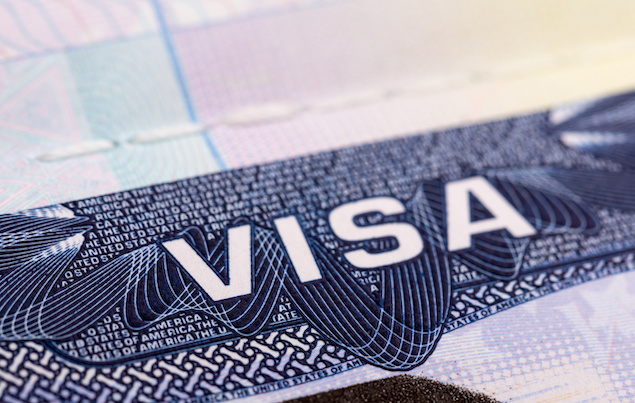ADA urges clarity on visa restrictions impacting international dental faculty

The ADA is seeking clarification from U.S. Citizenship and Immigration Services regarding recent immigration policy changes that could affect the dental education workforce nationwide.
In an Oct. 2 letter sent to the agency, ADA President Brett Kessler, D.D.S., and Interim Executive Director Elizabeth Shapiro, D.D.S., J.D., raised concerns about the potential impact of the Sept. 19 proclamation restricting the entry of certain nonimmigrant workers and a subsequent Sept. 20 guidance establishing a $100,000 fee for the issuance of H-1B visas. They noted that these changes may exacerbate the faculty shortages faced by U.S. dental schools. The Organized Dentistry Coalition also sent a letter seeking clarity on the proclamation.
According to the ADA’s Health Policy Institute, 13% of dental faculty in the United States received their dental degree outside the country. A 2022 survey by the American Dental Education Association found that 6% of dental faculty identified as nonresident aliens, although the actual number may be higher, as nearly 25% of respondents did not disclose demographic or legal status information.
Dental schools across the country are struggling to recruit and retain faculty, a challenge documented by both the ADA and the American Dental Education Association. Many institutions rely on retired practitioners and internationally trained professionals to provide essential clinical education that cannot be outsourced, Drs. Kessler and Shapiro emphasized.
“These faculty members are not a substitute for U.S. workers; rather, they serve in roles that cannot be outsourced, providing in-person clinical instruction to American students,” they wrote.
They noted that international dental professionals who teach in U.S. dental schools often pursue additional training through advanced standing programs accredited by the Commission on Dental Accreditation. These rigorous two- to three-year programs align their education with U.S. standards, enhancing patient safety and professional readiness.
Many of these graduates go on to work in underserved areas, such as federally qualified health centers, providing care to populations that might otherwise lack access to dental services.
“Given these circumstances, and the vital contribution that these individuals make in educating the next generation of American dentists, we urge [U.S. Citizenship and Immigration Services] to recognize the essential role of these faculty and to explore mechanisms, such as clarification, exemption, or alternative approaches, that would avoid exacerbating the dental faculty shortage,” the letter concluded.



